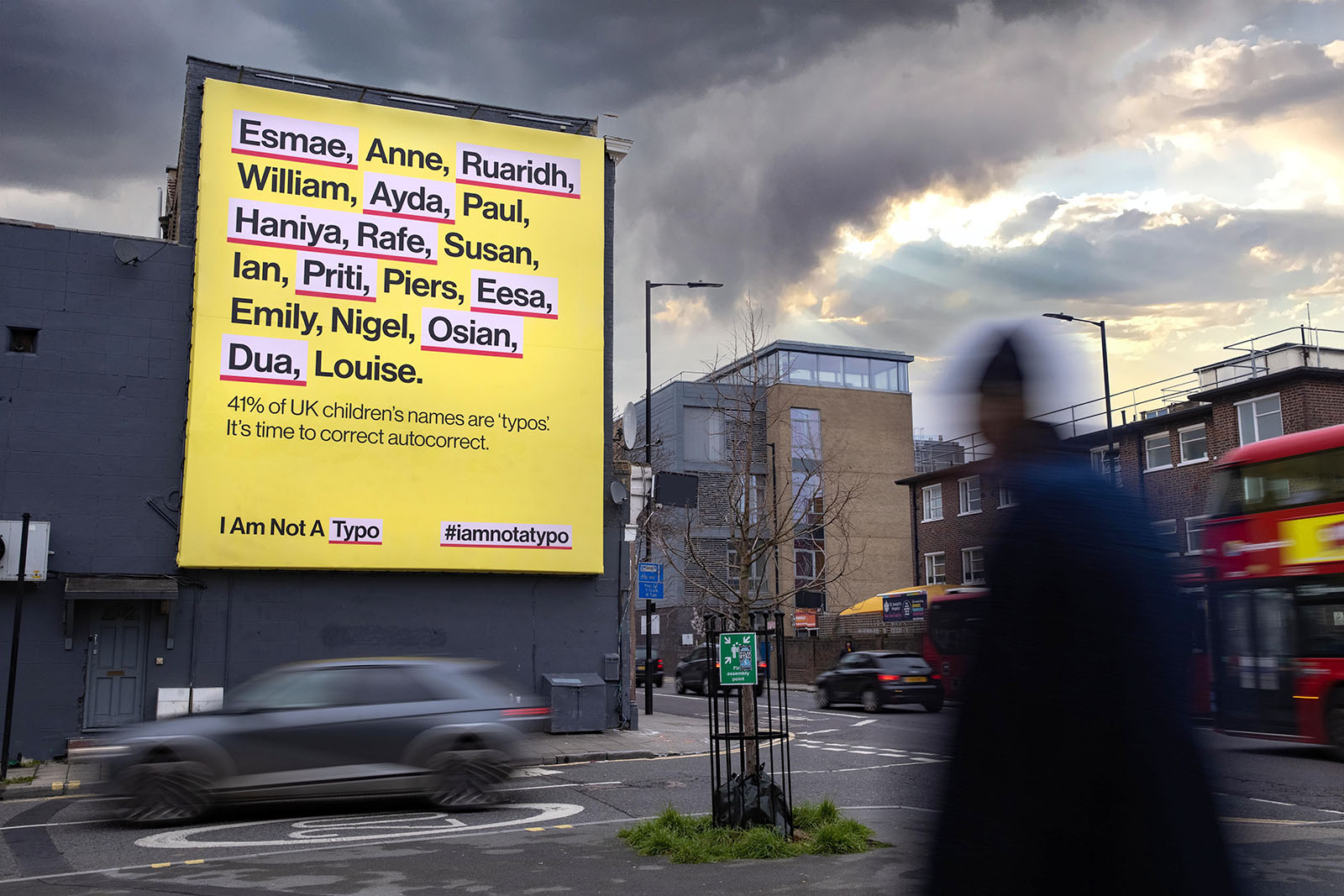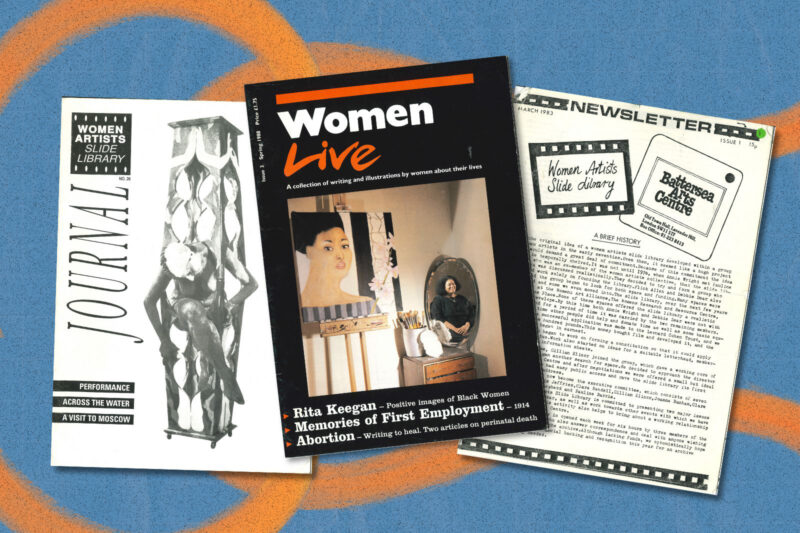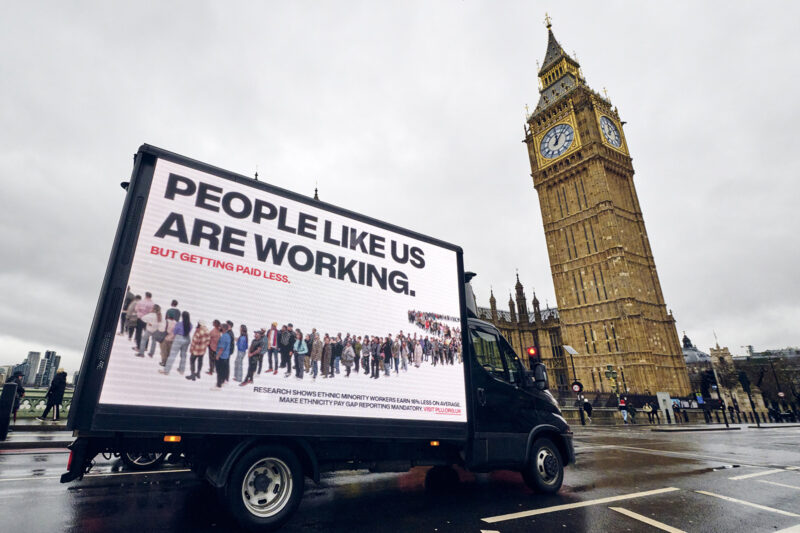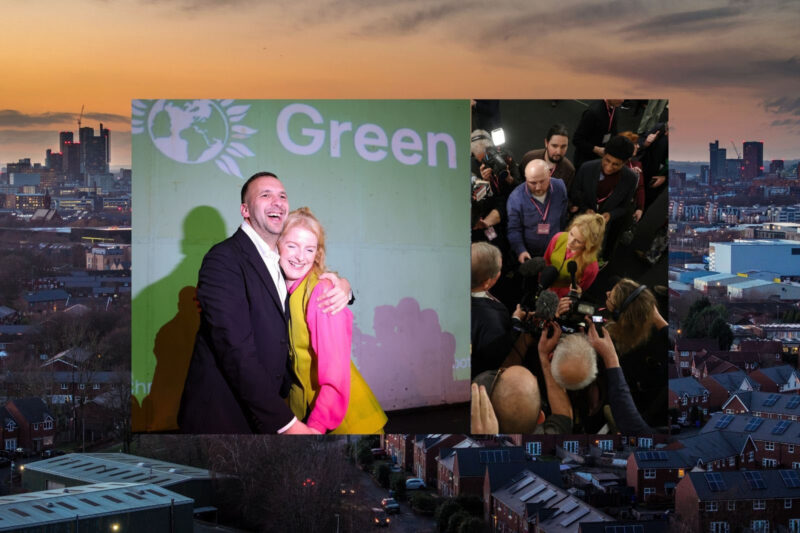I’m not a typo, so why does autocorrect keep changing my name?
A new campaign is calling for tech companies to stop othering people and erasing our names

Dirty, Dorito, Duty. None of these are even close to my name and yet I’ve been expected to answer to them at some point throughout my life.
“What sort of name is that?” people would ask me when I was growing up, and I’d wonder why Helen and David weren’t being asked the same question. I’d explain that my name was an ancient Indian one, emerging from Sanskrit, one of the world’s oldest languages.
If you can roll your “r” you’ll be able to say it the way my parents intended. The first name’s pronounced “dh-hru-thee” — that “h” sometimes catches people out, though. As a journalist, knowing that a key part of the job is speaking to people, I learnt the phonetic alphabet to spell out my name, but even then people have got it wrong.
I once received a call in the newsroom from a lady who said, quite confidently: “May I speak to Dirty Shah please?” She was polite, but I had to tell her my name wasn’t “dirty” in any way, shape or form.
While people getting my name wrong was annoying, it wasn’t until the explosion of social media and digital spaces in the past two decades that the annoying element became harmful — and it’s still ongoing today.
That’s why a collective of people like me who’ve had their names misread and autocorrected have launched the I Am Not a Typo campaign, calling on tech giants to stop othering people and to fix the online name dictionaries. So far, representatives from ad agencies and consultancies such as Blurred and Parent are on board, with even more signing up as we gain momentum. We’ve had hundreds of similar stories come through from around the world.
Using open source data from 2021, we discovered that in England and Wales alone, 41% of names given to babies are “incorrect” according to Microsoft’s English (UK) dictionary. These names are often African, Asian, Eastern European, Scottish, Welsh and Irish in origin — so it’s a wide arena. Names such as Eesa, Rafe, Liyana and Ayda are top candidates for typos.
I first became aware of this issue a few years ago when a colleague informed me that autocorrect was changing my name to Dorito. My beautiful Asian name — which, depending on who you spoke to and which language you were interpreting, meant North Star or Determined and Firm — was apparently not as important as the commercial name of a tortilla chip that emerged in the 1960s, according to autocorrect.
They thought it was funny.
I did not.
Of course, I wasn’t alone in facing the autocorrect curse. My friend Helier’s lovely name turns into helicopter, Szu into zoo and even Amir into Amie.
The default dictionaries in the autocorrect world are hugely problematic. It suggests that only some names are deemed important enough, or are believed to be “normal”. When English-origin names are still seen as the “correct” names in tech spheres, what does that say about who belongs in those arenas?
This is endemic throughout social circles, too: if someone deliberately keeps using the wrong name for you, it implies a lack of respect, even a microaggressive act, damaging your confidence.
I’ll never forget a man named Nana Marfo, who contacted me via social media and told me that in a past role some colleagues began calling him Nandos to his face without his consent — they wouldn’t stop, even when asked. Nana’s name is now included in a book of baby names, but it was misspelt in several of the published editions. So the cycle continues.
This ties into wider global inequalities. Professor Rashmi Dyal-Chand of Northeastern University’s School of Law researched the biases that turn up in autocorrect and discovered that this tool presumes whiteness. Her paper Autocorrecting for Whiteness, published in 2021, highlights how autocorrect will change names to the closest Anglo approximation, even to the extent that the closest offering it will suggest turns into a phrase. DaShawn, for example, turns into “dash away”. “It is a form of smart technology that maintains structural racism today,” Dyal-Chand wrote.
Other campaigns alongside I’m Not a Typo are working to raise awareness of the damage a misnomer can do. In a poll from 2022 by Race Equality Matters, 73% of respondents reported that their name had been mispronounced, making them feel disrespected and like they didn’t belong. They launched a tool with which people can print out a badge phonetically spelling out their name.
Meanwhile, People Like Us, who are calling for mandatory ethnic minority pay gap reporting, highlighted these pay gap disparities by showing how autocorrect is one of the spaces where name bias appears. Co-founder Sheeraz Gulsher said: “If your name gets auto-corrected by default, your salary might also default to the national average of 16% less — a reality experienced by people of ethnically diverse backgrounds.”
We are calling on tech companies — Microsoft, Alphabet Inc, Amazon, Apple and Meta — to take ownership and fix the issue to ensure that those default dictionaries are inclusive. Their software underpins a global digital ecosystem, so fixing biases and names at origin point and in the databases will undoubtedly lead to equity elsewhere.
A name is clearly more than just letters on a page, a WhatsApp message or an email. A name ties in with your sense of belonging. To me, those six letters that make up my first name signify equality. Though I give people the benefit of the doubt if they get my name wrong, I will call it out. All I ask is that people make an effort.
I’m not a Dorito and I’m certainly not Dirty. I am Dhruti, and I am not a typo.
 Newsletter
Newsletter













